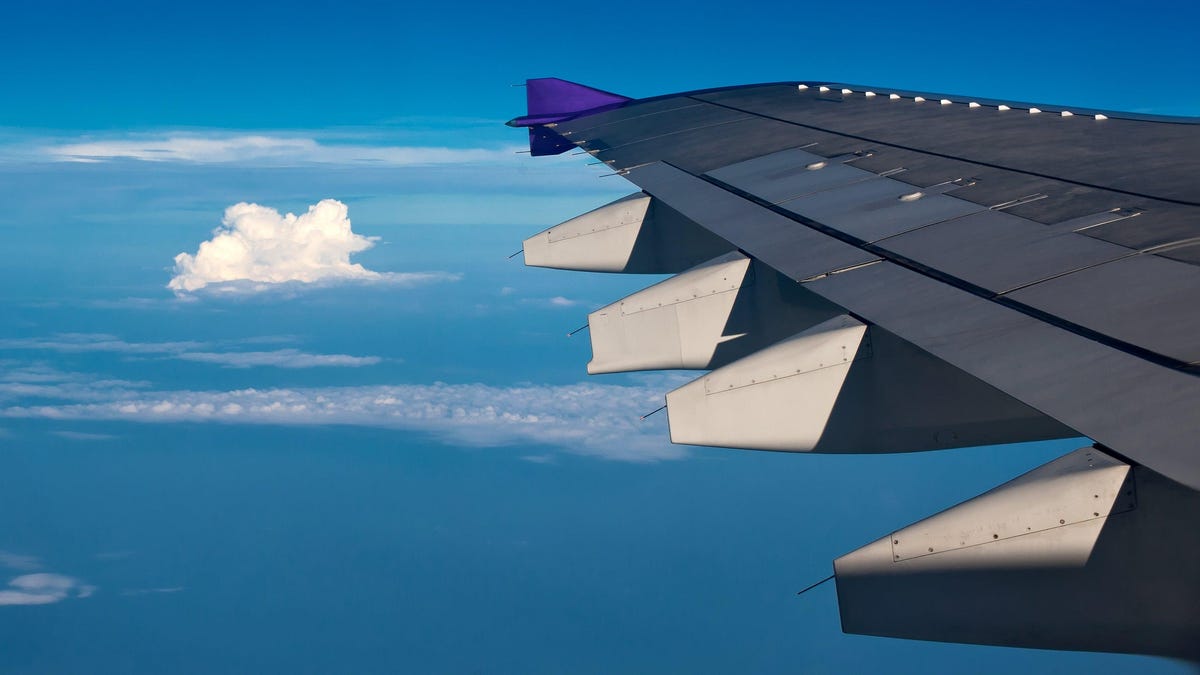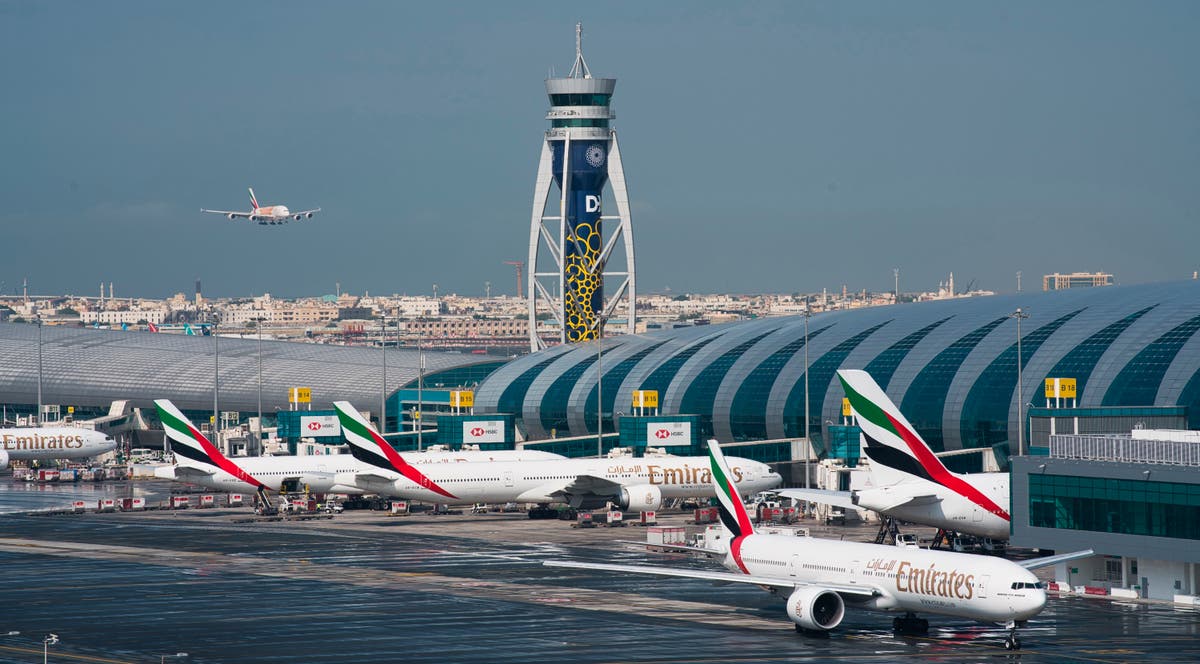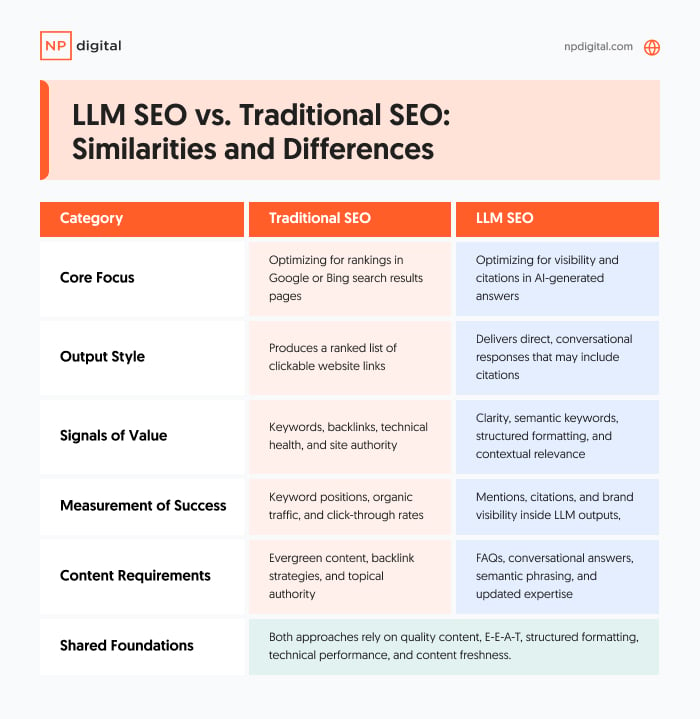Airline accused of selling tickets on more than 8,000 flights that had already been cancelled
Watchdog has accused carrier of ‘false, misleading or deceptive conduct’

Sign up to Simon Calder’s free travel email for expert advice and money-saving discounts
Get Simon Calder’s Travel email
Australia’s largest airline, Qantas, has been accused of selling tickets for flights that had already been cancelled.
The nation’s flag carrier continued to offer more than 8,000 domestic and international flights between May and July 2022 after the services had been axed, with some on sale for up to 47 days afterwards, the Australian Competition and Consumer Commission (ACCC) has alleged.
Qantas cancelled around 15,000 out of 66,000 domestic and international services during this period, the equivalent of almost one in four flights.
The ACCC blasted the airline for being “engaged in false, misleading or deceptive conduct”, and legal action has started.
According to the Australian watchdog, tickets for flights were on sale for an average of two weeks despite being removed from schedules. It’s also alleged that Qantas did not notify existing ticket holders that their flights had been cancelled for an average of about 18 days, and in some cases for up to 48 days.
One example given by the ACCC was a Sydney to Singapore flight, scheduled for 4 June 2022, which the competition body said was cancelled on 8 February 2022 – but not removed from sale until 27 March, and existing ticket holders weren’t told of the cancellation until the 28 March.
“The ACCC has conducted a detailed investigation into Qantas’ flight cancellation practices. As a result, we have commenced these proceedings alleging that Qantas continued selling tickets for thousands of cancelled flights, likely affecting the travel plans of tens of thousands of people,” ACCC Chair Gina Cass-Gottlieb said.
“We allege that Qantas’ conduct in continuing to sell tickets to cancelled flights, and not updating ticket holders about cancelled flights, left customers with less time to make alternative arrangements and may have led to them paying higher prices to fly at a particular time not knowing that flight had already been cancelled.”
Given the “vast distances” between Australia’s major cities, “reliable air travel is essential” and the cancelled flights may have led to “significant financial, logistical and emotional impacts for consumers”, Ms Cass-Gottlieb added.
Qantas, Australia’s flag carrier, said it takes these allegations “seriously”.
“We have a longstanding approach to managing cancellations for flights, with a focus on providing customers with rebooking options or refunds. It’s a process that is consistent with common practice at many other airlines,” the airline said in a statement.
“It’s important to note that the period examined by the ACCC between May and July 2022 was a time of unprecedented upheaval for the entire airline industry. All airlines were experiencing well-publicised issues from a very challenging restart, with ongoing border uncertainty, industry wide staff shortages and fleet availability causing a lot of disruption.
“We will examine the details of the ACCC’s allegations and respond to them in full in court.”

 ValVades
ValVades 































